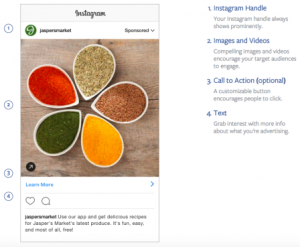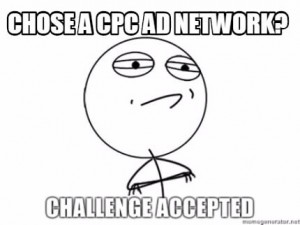
The best marketing for any business is not what its media says, but the actions the business takes, especially when circumstances are less than optimal.
Those familiar words introduced our customer care episode two weeks ago where we revealed the leadership and marketing lessons from the recent airline fiasco in which a passenger was forcibly removed from an airplane.
If you happen to be a United Airlines customer you recently received an email that addressed the situation, and in my opinion, it nicely accomplished its objective.
After a series of media mistakes, I believe the United CEO’s customer communication email will very likely prove to be a key step toward fixing his reputation and the airline’s.
It can also serve as a case-study for using email to build genuine trust with your business customers.
Email Is An Intimate Communication Channel
Choosing email to address customers directly was a key decision United made for healing relationships with its customers because unlike the major media channels, it’s personal.
Major media is more of a performance than a communication because it’s open to everyone, including people that don’t need to be part of the conversation.
Email is intimate because people give you permission to access their inbox. That permission is granted because they trust you, and if you do not live up to the implied promise of respecting the channel, then that permission will be revoked.
The subject line of the United CEO’s email, Actions Speak Louder Than Words, was carefully chosen to give the copy an overall theme to distinguish it from general marketing. That’s personal. In addition to that, the short paragraphs read like a personal letter.
Some of the first words of this customer communication state, “You will be treated with the highest level of service and the deepest sense of dignity and respect.”
The words “deepest sense of dignity and respect” set the tone of the message. But make not mistake, so does the email channel itself.
There is a lesson here for anyone that uses social media marketing for customer communications. If the message is for everyone it is for no one.
When customer communications are blasted out to multiple social media channels it weakens the message because it’s not targeted. This is why the most successful marketers consider email to be their most valuable digital asset.
Customer Communications are Teaching Moments
The second paragraph of the email states, “Earlier this month, we broke (your) trust when a passenger was forcibly removed from one of our planes. Our procedures got in the way of our employees doing what they know is right.”
An amicable settlement was made with the passenger that was forcibly removed before this email was released. That is precisely what I suggested in our customer care episode: Fix it and share the teaching moment with your customers because chances are they going to eventually learn about it anyway.
The CEO’s words signal that he is taking full responsibility, while also removing the burden of the people on the front lines that have to go out there every day to serve the customers. That’s smart on many levels.
In taking responsibility, he outlines specifically what the airline is doing to fix the situation so that it hopefully never happens again. The remedies include:
- Up to $ 10,000 for voluntary rebooking
- No-questions-asked $ 1,500 reimbursement policy for permanently lost bags
- Rolling out a new app for employees so they can give away miles, travel credits, and other benefits on the spot when things don’t go right.
For those interested, the special customer hub gives additional details on the actions that are being taken. Don’t’ underestimate that approach for complementing email.
Customers always have questions and the message tends to stick when the company uses its website to give everything more context, and therefore, more relevance.
Go Further and Make a New Promise
When you break a promise trust is broken, maybe forever. This is why apologies are only a stepping-stone to what should follow, and that’s a new promise.
Here’s United’s new promise.
“Our goal should be nothing less than to make you truly proud to say, ‘I fly United.’”
Should be … those are powerful words that acknowledge there is more work to do.
It goes on to say this.
“Ultimately, the measure of our success is your satisfaction, and the past several weeks have moved us to go further than ever before in elevating your experience with us.
The customer experience is the ultimate measure of how well a business is serving its customers. Don’t wait for a crisis to elevate the customer experience.
Reasonable people understand that no company is perfect, but they want to be assured there is a promise to make the customer experience everything it can be.
When things go wrong you have to take strong actions to get them right. While not everyone is going to agree with your decisions, they will respect the fact that you took action.
In addressing a live audience once, Steve Jobs acknowledged that Apple indeed makes mistakes like everyone else, but he noted that’s better than not making decisions that lead to actions.
Action is what the customer communication promised, and some of the results are already in place. Now it’s time for customers to respond with their actions.
It turns out that next week I’m flying United Airlines from Chicago to Hawaii. I’ll be interested in reconciling the United Airlines customer experience I know with “the customer-focused airline you expect and deserve.”
I’ll be sure to share what I discover with you when I return.
Call to Action
The call to action for this episode is to be diligent about building your lists of customers, influencers, and partners by using email to nurture those relationships, including sharing teaching moments from both favorable and less than favorable circumstances.
Actions do speak louder than words, and that’s why your customers will appreciate hearing from you on a regular basis. This humanizes your business and keeps that personal email channel warm and ready for any type of customer communication.
Digital & Social Articles on Business 2 Community(54)







